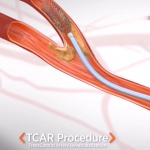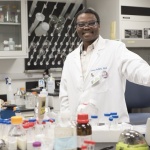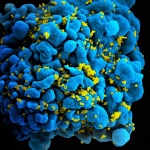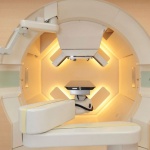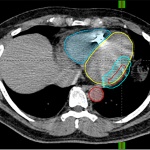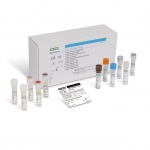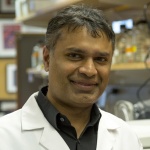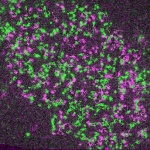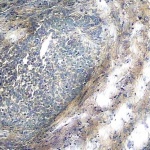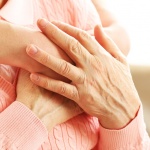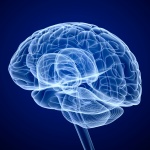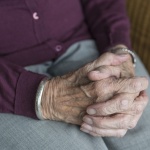
News • HER2 breast cancer
‘Soft’ chemotherapy plus targeted treatment spell new hope for elderly patients
Avoidance of side-effects of chemotherapy is particularly important in the elderly, but finding the balance between reduced toxicity and maximum effectiveness is not always easy. A trial carried out by the European Organisation for Research and Treatment of Cancer, published in The Lancet Oncology, shows that, in older patients with HER2 positive metastatic breast cancer (an aggressive breast…



